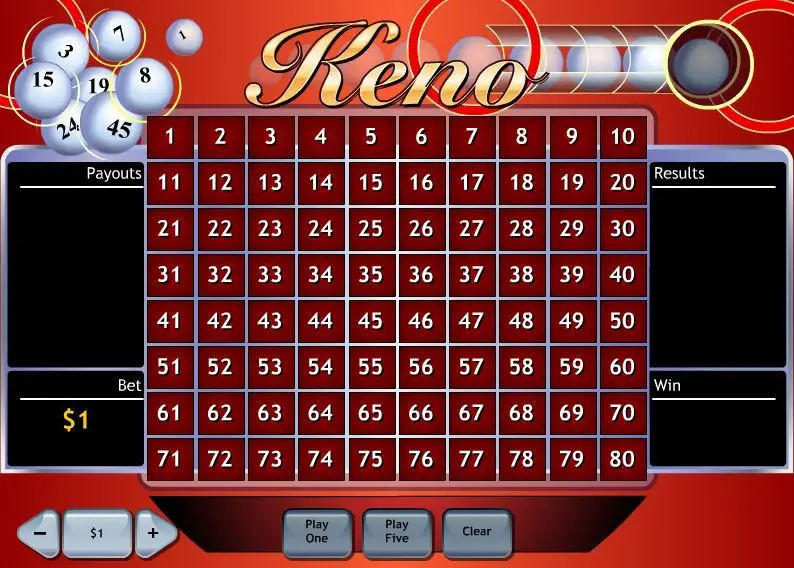The reason a payment transaction may be delayed is a mismatch between the passport data provided in the user’s profile and the information received from the payment system or bank. In keno, such cases are most often recorded when withdrawing winnings to a card that was not previously used in the deposit process. The platform initiates a transaction authenticity check to eliminate the risk of money laundering or involvement of third parties.
This is why it becomes evident why a casino may delay payouts in keno: each operator is responsible to the jurisdiction in which it is registered for complying with KYC policies. In cases of discrepancies, the verification process includes not only uploading a passport but also confirming the source of funds, residential address, a photo with the card against the profile interface, and so on. The higher the suspicion of fraud, the longer the verification process.
In practice, a platform may set a verification schedule of up to 10 business days. In the case of offshore licenses, there are no regulated timeframes, making the choice of jurisdiction a key factor. In this aspect, Malta and the United Kingdom are the most reliable regulators with formalized requirements for processing user data and dispute resolution timelines.
Why a casino may delay payouts: temporary transaction limits or quotas
A significant portion of online casinos, including platforms offering keno, set daily or monthly limits on fund withdrawals. The reason is the financial security of the operator, prevention of payment logistics failures, and the ability to manually verify large sums. Often, the administrator delays the transfer for several days if the limit is exceeded, especially when attempting to cash out more than 100,000 rubles in one session.
It is in such cases that it becomes clear why a casino may delay payouts. Even with a balance in the profile, the withdrawal will not occur until the next payment window. Some platforms offer expedited verification or installment payments — this is a standard practice on legal platforms, for example, in casinos licensed in Gibraltar.
An additional factor is the presence of temporary restrictions based on the currency type or method: bank transfer, cryptocurrency wallet, card, electronic system. Cryptocurrencies are characterized by fluctuating fees depending on blockchain load, while banks may have restrictions on international transfers due to sanction regimes.
Delay due to extended winnings verification
Keno, as a numerical game with dynamic combination generation, often raises suspicions among operators when significant winnings occur within a short period. The platform may initiate a manual verification of the game log: betting times, number sequences, session frequency, IP addresses, VPN usage. This process often leads to a pause in processing the withdrawal request.
This mechanism explains why a casino may delay payouts even when all rules are followed. Suspicious coincidences or abnormal activity trigger mandatory security checks. On licensed platforms registered in the UK or Malta, such checks are conducted according to internal regulations, typically taking from 24 to 72 hours. In offshore jurisdictions, the timeframe is not regulated and may exceed a week.
If a user activated a bonus or participated in a promotion, operators additionally verify the wagering conditions. Often, unmet wagering requirements become a formal reason for rejecting a withdrawal request. Despite the availability of rules, conflicts regarding this point are frequently recorded in keno — a player places a bet with the minimum number without following the equal bet rule.
Bonus restrictions and rule violations: why a casino may delay payouts
The bonus policy of most online casinos outlines the conditions under which withdrawals are allowed. Violating these conditions is one of the reasons why a casino may delay payouts, especially in keno. For example, when activating a no-deposit bonus with a maximum bet limit, a participant may accidentally exceed the limit, resulting in the winnings being voided.
Among platforms with transparent bonus policies, European operators licensed by the MGA — the Maltese regulator — stand out. Each condition is detailed in a separate section and confirmed during activation. In offshore casinos registered in Curacao or Costa Rica, conditions may be duplicated in multiple sections, with ambiguous formulations.
Playing keno with bonuses requires attention to bets, limits, and wagering deadlines. A withdrawal without meeting the wagering requirements is grounds for rejection. Some operators may permanently block an account in case of repeated violations, considering it an abuse of loyalty.
Jurisdictional restrictions and blockages
Gambling regulation remains a key parameter in assessing the legality and reliability of a platform. Discrepancies between the country of residence and the license are reasons why operators impose temporary blocks on accounts. This is particularly relevant for keno: many sites restrict access to certain games in specific regions due to the lack of local authorization.
This is where it becomes particularly noticeable why a casino may delay payouts — the jurisdiction prohibits transferring funds to foreign accounts without verification. For example, a player from Russia activates keno on a site licensed in Costa Rica. The bank rejects the transfer, and the operator requests proof of address and citizenship, delaying the operation indefinitely.
Legal online casinos licensed by regulators in Malta, the UK, or Gibraltar align their conditions with local laws. Upon the introduction of a new bill or sanctions, they suspend payouts and send notifications. Illegal sites may not explain the reason and continue to withhold funds. Checking a casino license through the official jurisdiction registry provides insight into its status and compliance with regulations.
Signs of risk when withdrawing winnings
Signs that may lead a user to suspect why a casino may delay payouts:
- Lack of information on the license or mention of an unverified jurisdiction.
- Slow or non-existent support, no response to inquiries.
- Absence of transaction records in the personal account.
- Retroactive changes to bonus terms.
- Currency substitution during withdrawal, sudden fees.
- Request for video verification without regulated grounds.
- Contradictory responses from support on the same issue.
- Frequent technical glitches when trying to submit a request.
- Lack of specified maximum payment processing times.
- Postponement of deadlines without explanation, references to internal rules.
Conclusion
The game mechanics of keno do not imply difficulties in calculating winnings — the algorithm is simple, combinations are transparent, and bets are fixed. However, this game often becomes the subject of disputes over payout delays. The reason lies not in the technical aspect but in the environment: failure to meet wagering requirements, suspicious behavioral patterns, offshore licenses, weak regulation, limited jurisdictions, questionable verification, and contentious bonus conditions.
Understanding why a casino may delay payouts is impossible without analyzing the specific platform. Problems more often arise not during number generation but when a player violates the subtle agreement terms or encounters the operator’s formal policy. Safe keno play requires careful attention to regulations, license confirmation, minimizing bonus risks, and verifying the account even before winning. Only then can losses and misunderstandings be avoided — even when dealing with small amounts.
 en
en  ru
ru  de
de  ar
ar  es
es  nl
nl  hi
hi  fr
fr  it
it  pt
pt  el
el 
